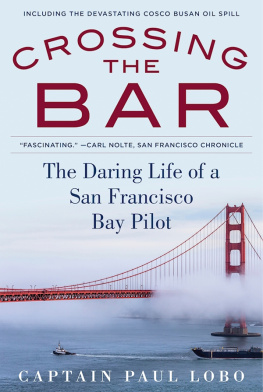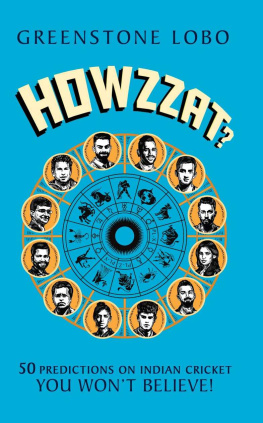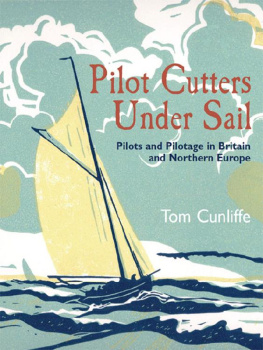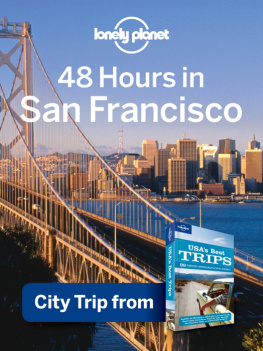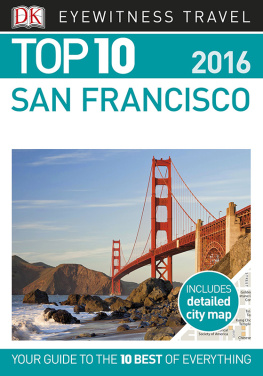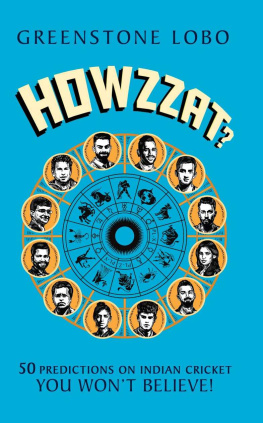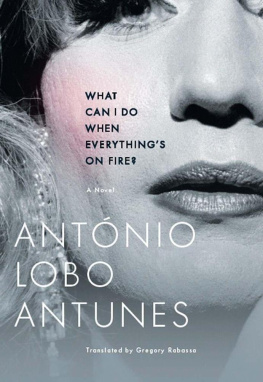Dedication
To Captain Johan Sever, master mariner, longtime San Francisco Bar Pilot and a great friend, who took a huge gamble on a very young captain when he encouraged me to apply to become a San Francisco Bar Pilot. I am forever in his debt. His encouragement helped me to become not only one of the youngest San Francisco Bar Pilots ever appointed by California, but also one of the longest-serving ones. I would also like to thank my wife, Carol, for encouraging me to write this book. Thanks to Klaus Lange for the beautiful pictures he took from the station boats.
Copyright 2016 by Paul E. Lobo
All rights reserved. No part of this book may be reproduced in any manner without the express written consent of the publisher, except in the case of brief excerpts in critical reviews or articles. All inquiries should be addressed to Skyhorse Publishing, 307 West 36th Street, 11th Floor, New York, NY 10018.
Skyhorse Publishing books may be purchased in bulk at special discounts for sales promotion, corporate gifts, fund-raising, or educational purposes. Special editions can also be created to specifications. For details, contact the Special Sales Department, Skyhorse Publishing, 307 West 36th Street, 11th Floor, New York, NY 10018 or .
Seahorse and Skyhorse Publishing are registered trademarks of Skyhorse Publishing, Inc., a Delaware corporation.
Visit our website at www.skyhorsepublishing.com.
10 9 8 7 6 5 4 3 2 1
Library of Congress Cataloging-in-Publication Data is available on file.
Cover design by Tom Lau
Cover photo credit QT Luong/terragalleria.com
Print ISBN: 978-1-944824-00-6
Ebook ISBN: 978-1-944824-01-3
Printed in the United States of America
CONTENTS
STAND BY ENGINES
I t was a dark and stormy night so sea stories usually begin, but this is not that kind of book. While my book is filled with many hair-raising stories about several immense storms I lived through while piloting ships in San Francisco, its more of a voyage through the many fascinating events that happened to me and the people who were part of my career when I worked as a First Class Ship Pilot on San Francisco Bay for almost a third of a century. I write about the history of piloting and the great variety of ships I piloted. I write about piloting errors that were my fault, the close calls I extricated myself from, and about many interesting events involving other pilots. Many of my partners, and pilots worldwide, were severely injured, and too many pilots died while I was a working pilot.
Many consider piloting to be the ultimate in a seagoing career, but it also has another side. The Coast Guard was always trying to run us, regulate us, or prosecute us; not all ship captains appreciated us, and the ships agents and owners always thought we made too much money. The battle over pilots wages goes back for centuries. Joseph Hanson wrote this about the Missouri River Pilots at the time of Custers Last Stand in The Conquest of the Missouri : His profession was a very difficult one to learn, requiring years of apprenticeship, and as the pilots themselves were the only ones who could train new men for places in their ranks, they took good care that their numbers were kept down to small and select proportions in order that neither their power nor the princely salaries which they commanded should be diminished he could demand almost any wages he chose. Some things never change, except that Bar Pilots dont determine pilotage fees; the State of California does.
Over the years there have obviously been changes in the merchant marine. However, the pace of change over the last third of the twentieth century has increased by leaps and bounds. Three major changes were Huge diesel engines replacing steam plants; the total transformation of containerization; and the increase in the size of most ships, particularly containerships. As an example, since I retired, the MSC Fabiola (140,259 gross register tonnage, or GRT) became the largest container vessel to be turned around in the Port of Oakland. She was 150 feet longer than the longest ships I moved only a few years ago! I write about what it takes to turn massive ships in tight places. I try to explain the feeling of having a few ships almost get out of my control.
Changes for pilots occurred as well: regulations grew by the month, either from the California State Board of Pilot Commissioners for the Bays of San Francisco, San Pablo, and Suisun, called the Commission; or the Coast Guard. We went slower, didnt have maximum draft possible, had visibility restrictions, attended school after school, and had escort tugs moving loaded tankers. I write about the container ship Cosco Busan s tragic oil spill from its collision with the Oakland Bay Bridge in 2007. I didnt like the way the now infamous Captain John Cota was treated by the press, and by some of our partners and the NTSB. At the time of the accident, I was looking forward to retiring. Not John. Hes still fighting like hell to get back his Coast Guard licenses.
I have included some history of piloting and San Francisco.
Even though I was fairly young to retire, or swallow the hook, at almost sixty-one, I was burnt out and tired of working 24/7. I was looking forward to no phone calls in the middle of the night, and I wanted to look at weather in terms of whether I could play golf instead of whether my ship would be rolling her guts out when I got off at the Pilot Station, or if I would get hurt. Also, the older I became, the harder it was to disembark off the new ships with higher and higher freeboards.
Everything in this book is true. Some events that happened to other pilots, or to me in particular, were downright frightening. This isnt to alarm anyone, but there are inherent risks, not only to ships in piloting waters, but also to pilots who handle them.
The nautical jargon here is meant to impart a feeling for real language aboard ships. For example, ships dont have left or right for good reason. These terms are what sets the Merchant Marine apart from the rest of the world, even from the Navy and Coast Guard, both of which I write about. Nothing made me crazier than hearing a Coastie say boat when he clearly meant ship.
Smooth seas and fair winds.
Captain Paul E. Lobo
CHAPTER 1

STAND BY ENGINES
Crossing the Bar
Alfred, Lord Tennyson (1899)
Sunset and evening star,
And one clear call for me!
And may there be no moaning of the bar,
When I put out to sea,
But such a tide as moving seems asleep,
Too full for sound and foam,
When that which drew from out the boundless deep
Turns again home.
Twilight and evening bell,
And after that the dark!
And may there be no sadness of farewell,
When I embark;
For tho from out our bourne of Time and Place
The flood may bear me far,
I hope to see my Pilot face to face
When I have crost the bar.
O n the morning of April 26, 1981, the California got underway from Pier 7 ferrying my mentor, Captain John Sever, out to his final resting place. Like many other pilots and family members aboard, I wanted to wish John one last goodbye.
I realized John knew a lot of influential people, but judging by the attendance at his wake at New Saint Marys Cathedral, he had many, many friends. I felt especially sad for Johns wife, Louise, because he passed so young. Louise was always nice to me, like John was. It was comforting having such good friends because in the piloting business, not everyone does. Some pilots didnt appreciate John the way I did, but when I was twenty-six, he was like a God to me.

